Becoming a good communicator is an essential life skill. Good communication underpins good mental health, strong relationships and professional success.
Thankfully, good communication is something we parents can develop from day one.
And it’s never too late to start working on it. Here’s how you can develop strong speaking skills in your pre-school child.
Talk proper to your child properly
Babies and young kids are like sponges. They’ll soak up every bit of information that comes their way. That means they’ll internalise and imitate the way you speak to them.
As children progress through primary school, it becomes startlingly obvious which children have been exposed to good communication at home, and which ones haven’t.
So the best way to ensure that your child speaks confidently and clearly is to model how to do this as early as possible.
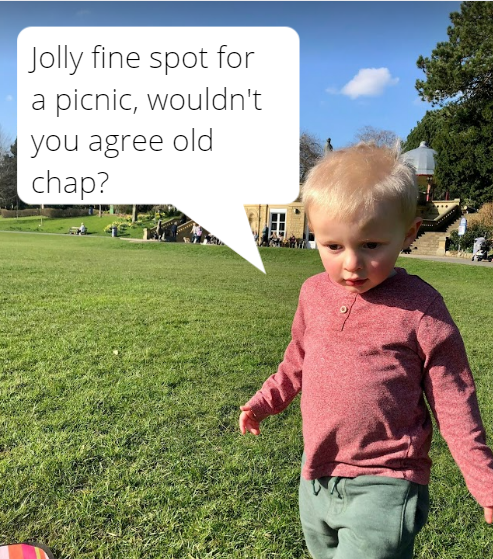
Whenever you speak to them, even for the simplest things, make sure you have good eye contact and give them your full attention. Ensure you pronounce words correctly. Speak a little bit slower than normal. Try to avoid informal words and phrases such as ‘gonna’. You can even exaggerate some of the intonations and inflections that you would normally use.
Also, talk with your child as often as you can. When you’re doing jobs around the house, tell them what you’re doing. When you’re driving, tell them about the surroundings. Play the old classic, ‘I spy’.
As they get older, answer all of their questions, however daft or pointless they may seem. They don’t need to be able to understand every word, but you’re showing that you value their communication.
This way, your child will develop their vocabulary, they’ll internalise the sounds and patterns of the words and begin to reflect this in their speech. If you’re not confident with your speaking skills, there are lots of YouTube videos that can help you with the correct pronunciation.
Reframing
Of course, kids don’t wake up one morning speaking the Queen’s. Naturally, children will make mistakes when they speak.
An effective way to improve their speech is to make the most of these mistakes and use them as opportunities to learn. You can do this by ‘reframing’ their sentences. This is simply repeating what they have said, but editing it so that it is correct. You also add a little emphasis to the correction.
A classic example is ‘I need to go toilet’.
To reframe this, you could say ‘Oh, do you need to go to the toilet?’
You can then get the child to repeat the statement correctly.
Books
The practice of sharing books is one of the most satisfying and pure ways of connecting with your child.

We really like picture dictionaries. These are big books which contain pictures of familiar things such as animals, vehicles, toys and household items. My pick is The Toddler’s Big Book of Everything.
You can start by simply naming familiar things in the books. You can do this every day. As children’s speaking skills develop, you can extend this to simple descriptions of the objects. For example, instead of saying ‘car’, they could say ‘blue car’.
Don’t worry about it being too repetitive. In the first few years, kids’ brains are designed for constant learning, so repetition will strengthen those neural pathways and lead to better cognitive skills later on.
Lots of classic stories for young kids contain plenty of repetition, such as The Very Hungry Caterpillar and We’re Going on a Bear Hunt. Our kids happily sat through them time and again.
Also, picture books are a great way to develop communication. Julia Donaldson’s books are especially effective. They’re beautiful stories written in rhyming verse. Children can remember the words more easily due to the patterns and rhythms.
An effective way to develop their skills is to get children to say the last word of a line from memory. This can then be extended so that they say phrases, and then even whole lines and verses.
Julia Donaldson’s books are also great because you can get children to exaggerate the expression in their voices to suit the story, such as the scary features of the Gruffalo or the delight of the Scarecrow’s Wedding.
TV
As we all know, too much screen time can be catastrophic for children’s development. We also know that it’s next to impossible (and probably not desirable) to eliminate all screen time from their lives.
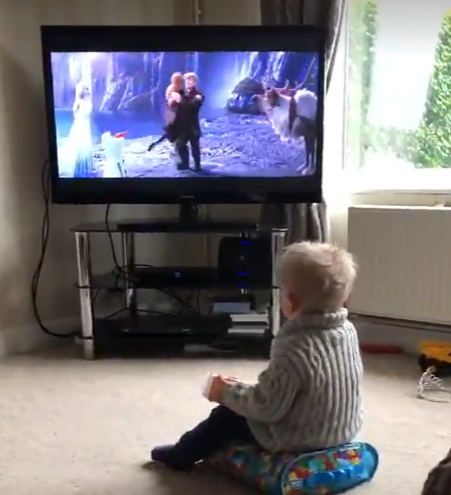
So the key is to encourage the right kind of screen time.
CBeebies shows are created with the help of early years experts. We’ve loved The Baby Club. It’s full of lovely, simple little songs that appeal to babies. The presenters speak very slowly and clearly, pronouncing their words properly so they’re easy to understand and repeat. They also look directly into the camera, so they are the closest thing to effective communication that your young child can get from a screen.
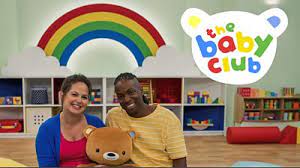
It’s best to limit TV to short bursts, not more than a couple of hours per day in total. Ideally, you should be watching with them, talking about it and interacting with them. Avoid having the TV in the background when you’re reading or playing with them, as constantly switching focus is no good for brain development.
Now you have some ways that you can use straight away to help your pre-school child develop their speaking skills. It’s a long game, but the more you do it, the quicker and more powerful the effects will be.
Got any more ideas for helping kids become champion chatterboxes? I’d love to hear them.

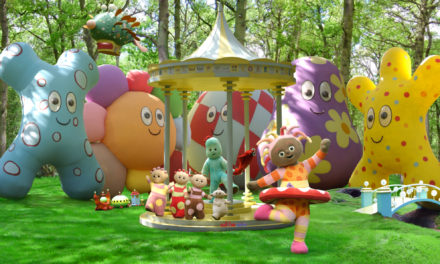
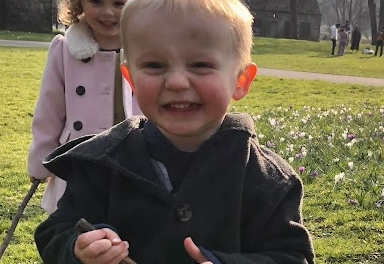
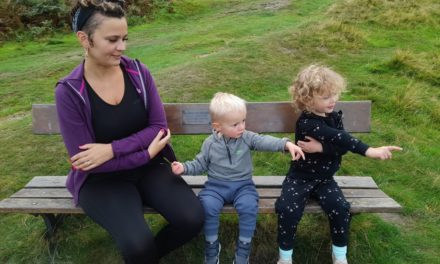
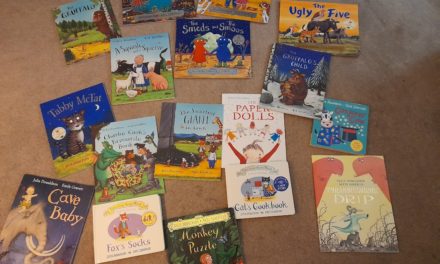
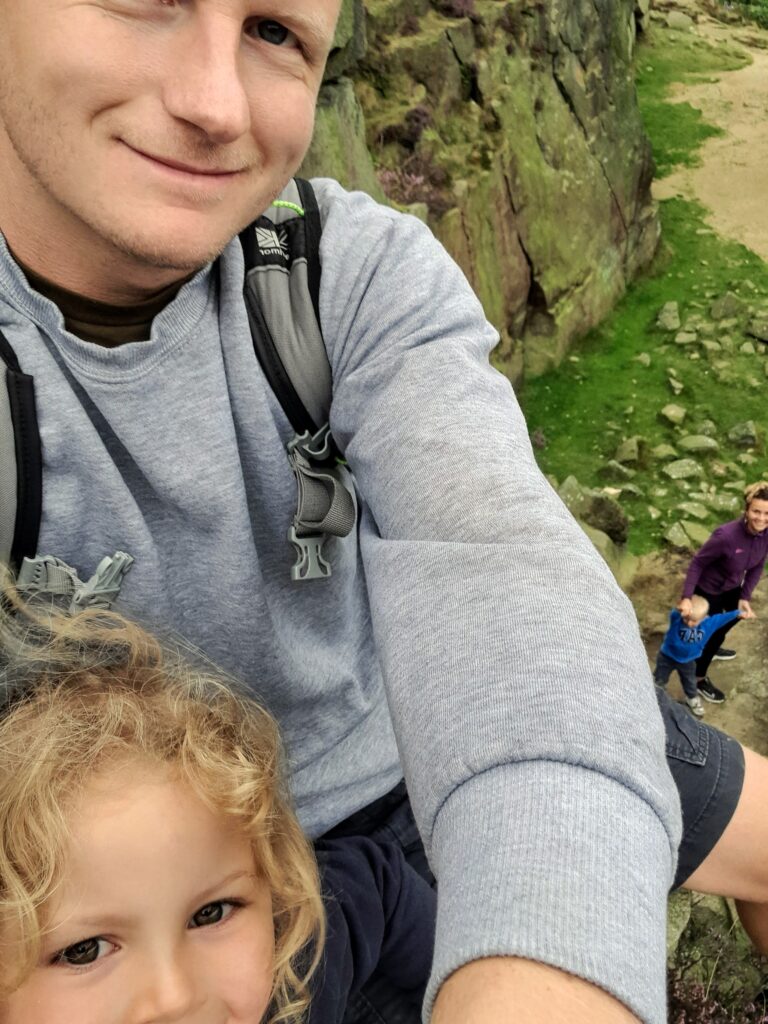
Read Read Read Read Read. All the books, full sentences and proper words, and David Attenborough on TV. That’s what my pair got and the result is a 6 and 10 yr old with reading ages of 10 and 15 respectively. My large boy told pre-school he wanted to be a palaeontologist spell “p ay lee n t ologist”. They wrote scientist because they could spell that. Should have listened to the 4 yr old.
Sounds like you’re heading down a similar road, which is marvellous until you have a super picky book snob, there’s lockdown and no bookshops or libraries open. Then you spend hours scouring kindle unlimited for books in the reading scheme that are also acceptable and don’t cost the earth. Then you’re scared for life.
Awesome, might have to give David Attenborough a try – love his wise and soothing tones.
I suppose there are worse things a child could be than a book snob!